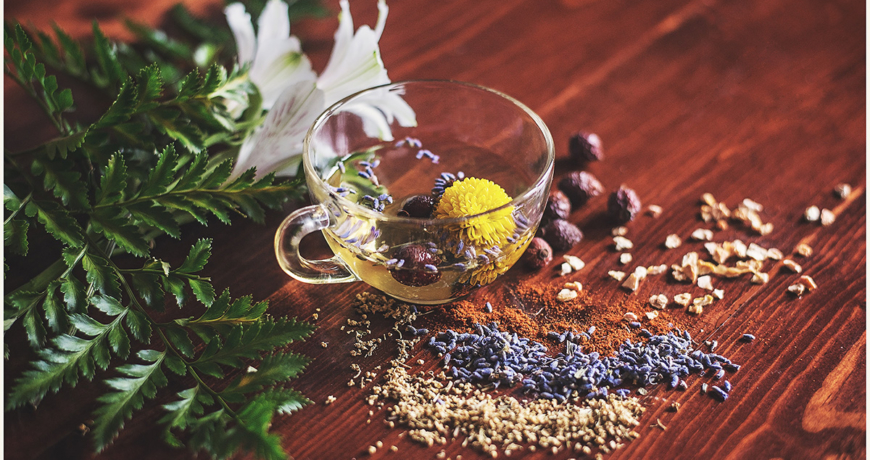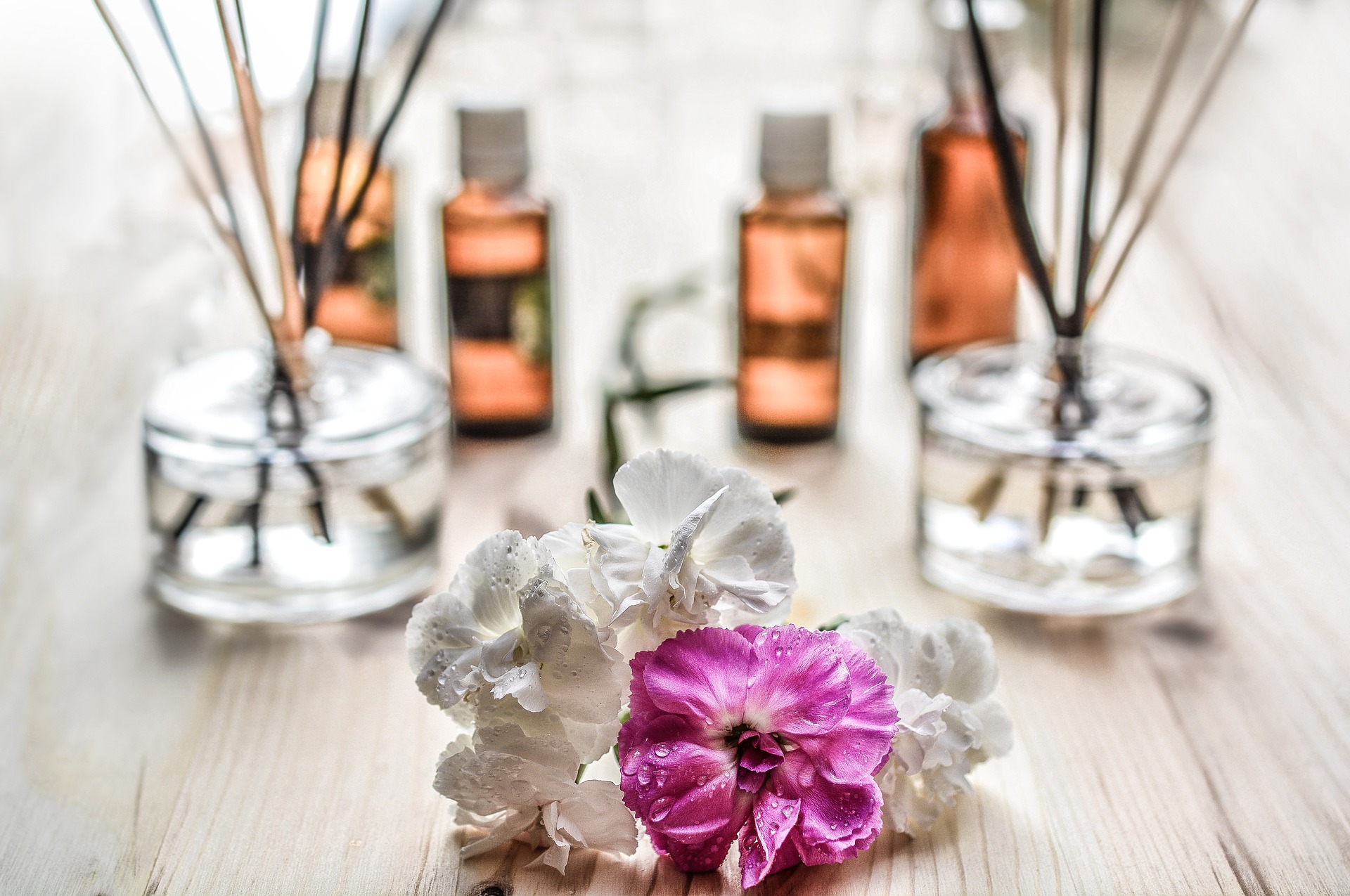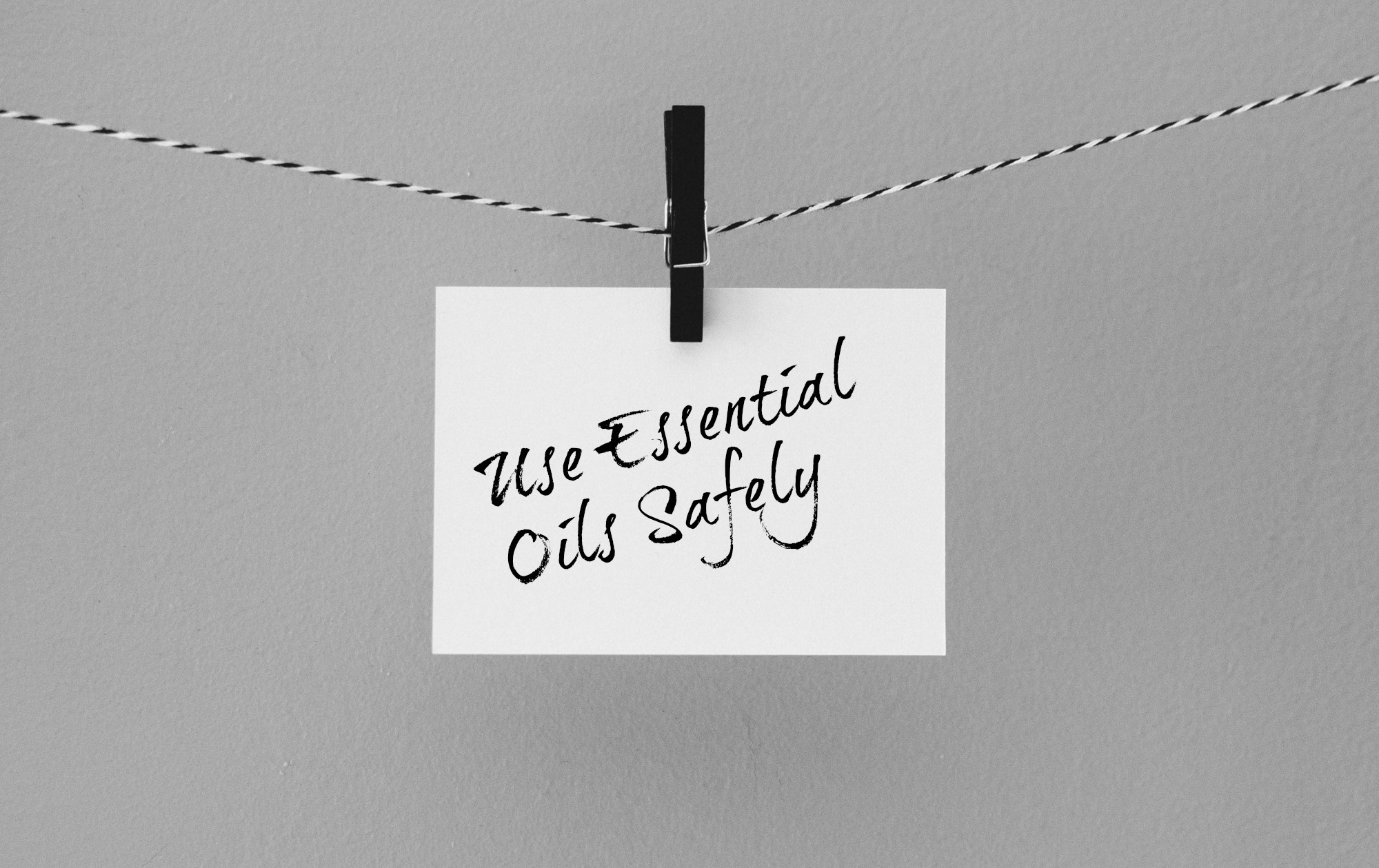Fact or Fiction: Drinking Essential Oils is Perfectly Safe
Fiction: It is NOT safe to regularly drink essential oils, and especially daily.
A perfect storm for adverse reactions is created when people use essential oils topically, and diffused in the air, plus they are taking them internally. There is a myth widely spread that brand XYZ have the only essential oils in the whole wide world that are pure enough to be safe for consumption. Wait! What? The logic of that goes out the window immediately if you know at all how potent a pure unadulterated essential oil actually can be.
Essential oils are the most concentrated form of any botanical. It takes an estimated one pound of any given plant to create one drop of essential oil; however, some essential oils require much more than a pound of product per drop. For example according to Jeanne Rose, it takes 60 rose buds, to produce one drop of rose absolute (Rose).
To this day there is not a certifying force or standardization of therapeutic grade essential oils. The implication put out by some companies that there is such a grade or standardization is pure fiction and brilliant marketing. This marketing ploy creates a dependence on that supplier for a particular “grade” of essential oil that is perceived to only be available from them. The perception is true, because the grade was randomly set by the supplier and cannot be followed by another supplier. There is no regulatory agency that defines, monitors, or enforces these marketing “grades” and “standards.” There is little to no difference in the chemical make-up of essential oils sold with these various marketing ploys to the essential oils sold by reputable essential oil companies.
Unfortunately the injury reports continue to roll into the inboxes of aromatherapists because the myth continues to spread that company XYZ has such pure essential oils that they are safe to consume. Most injuries are not reported, the ones that are can be very enlightening. I highly suggest reading the 2014, October 2015 and February 2015, 2016, and the brand new 2017 Aromatherapy United Injury Reports.
Melissa Clymer is an Educator, Author, Certified Natural Health Practitioner, Certified Clinical Aromatherapist and Aromatic Medicine Practitioner trained in Ayurveda, Certified Aromatherapist just to name some of her training. She posted on Facebook about the topic of internal use of essential oils in the group The Dark Side of Essential Oils. This combined bit of information from Melissa and Certified Natural Health Practitioner, Health Advocate, Classical Naturopath, Aromatherapist, Herbalist Kelly Ann Taylor should be required reading for everyone interested in the topic of essential oil ingestion.
Kelly Ann Taylor gave an excellent example when she said, “WOULD you drink a chemical degreaser or an oven cleaner? If not, then you would not want to drink lemon essential oil, because the active ingredient, d-limonene, is the exact same component that you can buy with this ingredient for chemical, industrial degreasers, caustics, and oven cleaners.” I know many people do not want to believe that the naturally occurring d-limonene in degreaser and many cleaners actually comes from citrus fruits, but it is true.”
Kelly Ann Taylor goes on to give a clear and concise explanation that should be required reading.
Kelly Ann explains, “Think about it. Or, look at herbalism.
In terms of ‘strength’ it goes like this.
1) tea
2) emulsion
3) decoction
4) tincture then and finally
5) essential oil
Exponentially does not mean 4×4=16 It means 4 to the fourth power or 4x4x4x4 = an exponent of he whole herb counterpart. One drop of peppermint essential oil is equal to 28 cups of tea. Exponential means ‘to the power of.’ Exceedingly strong.”
Melissa Clymer went onto say in the post, “The next time you reach for that essential oil to take it internally, please remember that there are other, better, safer and more gentle ways to use it. Or, look at the herbal equivalent. Just because you can do something, doesn’t mean you should.”
There are also options to get a whole citrus fruit in your drink without using essential oils. Mediterranean-style lemonade is made by food processing a whole lemon with ice and your choice of sweetener. Delicious and safe. You can also just wash your citrus fruits and then add whole slices into your water. My personal go-to is to add lavender, rose or orange blossom distillate water to my favorite lemon-aid recipe. The possibilities with distillate waters, which are a by-product of making essential oils, are endless. Besides–essential oils are not water soluble so when you drink them in water you are risking burning your mouth, lips, throat, esophagus and beyond with undiluted essential oils.
Priceless last words come from the Hana Bělíková blog post Grasse Phyt’Arom 2017 – what we learned in France about French aromatherapy on the Tisserand Institute, “Dr. Guilhem Jocteur is a pharmacist and educator, whose school Apoticarius focuses on educating other pharmacists and medical professionals about essential oils, and teaches them how to conduct an aromatherapy consultation. We approached him at his conference stall to ask how the French really use essential oils. He talked about various gel capsules that are available now (gelules, as they call them), and that those are the preferred method of use for ingestion. When we asked him if putting essential oils in water to drink was an option, his reaction was as swift as surprised: Mais ca ne mélange pas! (But they don’t mix!).”
Other Recommended Reading
What To Do When Injured While Using Essential Oils






Oh Geez! Somebody who is actually speaking with knowledge and common sense, instead of the idiocy from EO Companies hyping their brand of idiocy….
BRAVO! Kayla!
Pingback:Warnings dōTERRA & Young Living Won't Tell You - Kayla Fioravanti
Pingback:Robyn's Adverse Reaction to Essential Oils - Kayla Fioravanti